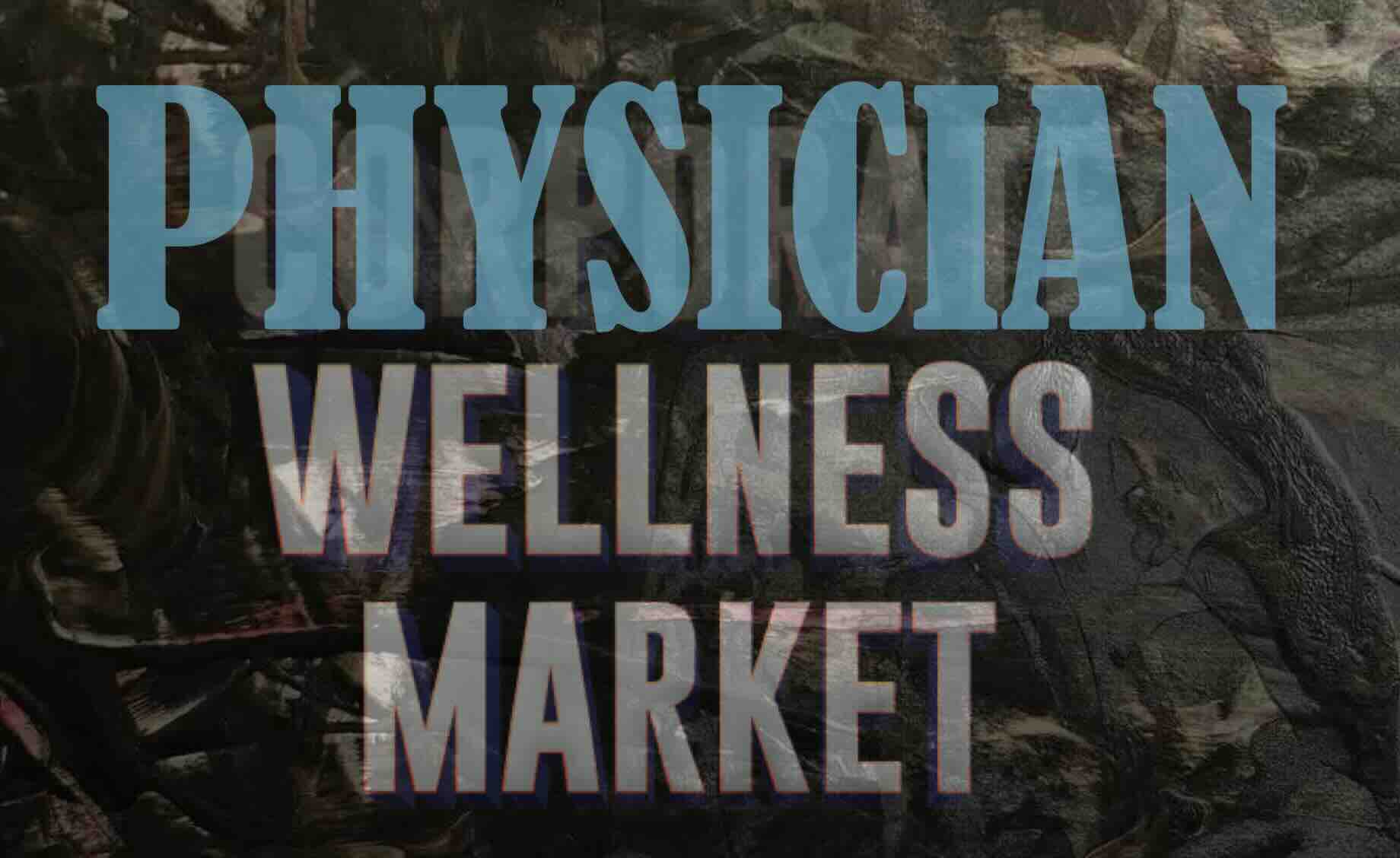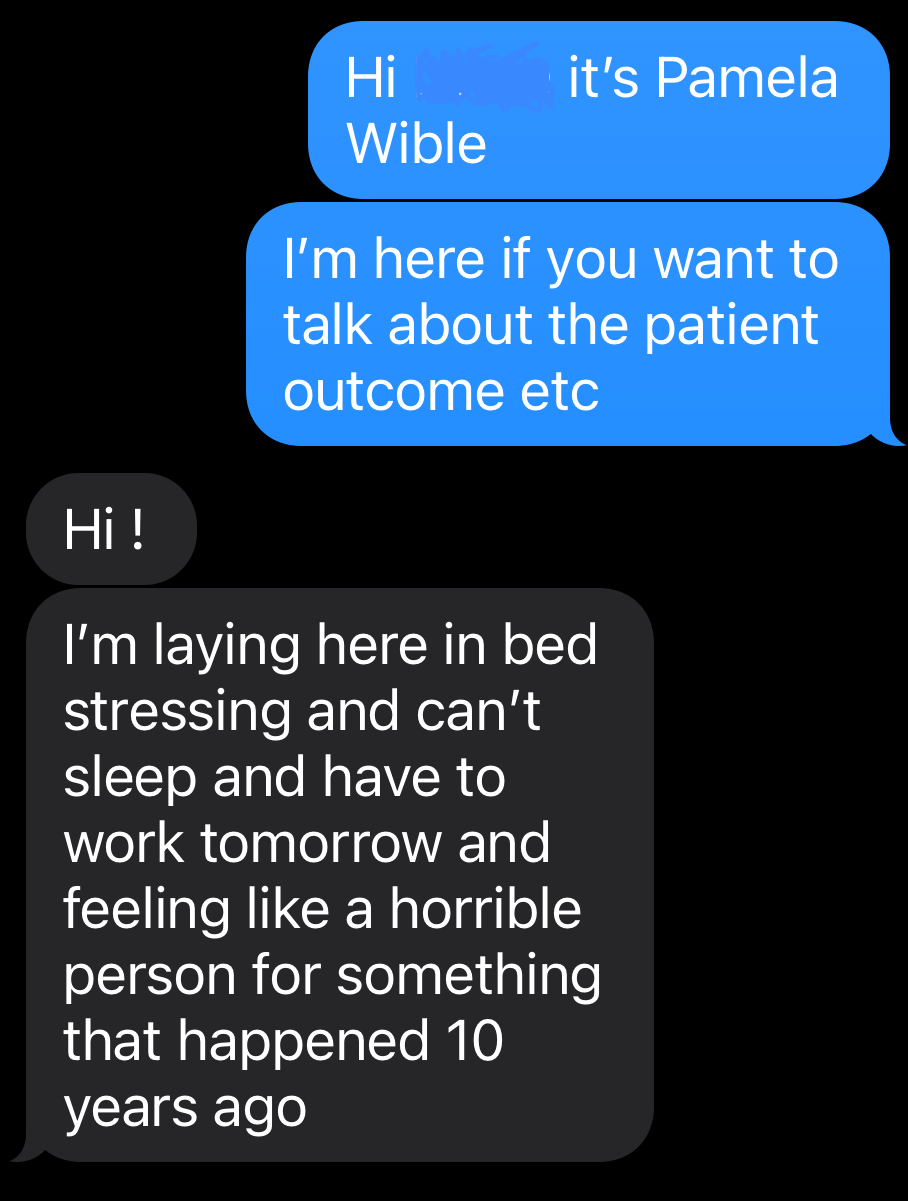He used to be a plastic surgeon. He used to be rich and famous. He was in San Diego and got turned over to the medical board. He could have killed himself. But you know what he did instead? He decided to make a bucket list of 100 things that he wanted to do before he died.
You are one cool dude!
Hi everyone! I’m here to give a little hope! Not only physicians, but all health personnel. There was nowhere to go to. I couldn’t trust my colleagues. In residency they take 30 people and two make it to the end. People are always spreading rumors and gossip.
Once I “made it” and became a plastic surgeon and started earning the big bucks. After the first four years the lawsuits started to come. Frivolous lawsuits. No support from anybody. Worse than that. My so-called colleagues (that I go to meetings with) were saying bad things about me. “Well I think somebody died in his clinic” NO. “I think he might be doing some inappropriate things.” NO
It was horrible. Just horrible. I had nobody to talk to, go to. I didn’t want to burden my own family with this. So I really wanted to die. Like all of you we work so hard and give up all those parties and fun things to get through and become a doctor and I wanted to be a doctor since I was four years old.
Once I completed my 16 years of training I thought that was it. I’m all set now. I’m here to serve the world and oh my God things that happened . . .
So I wanted to die. They locked me up for 72 hours. Of course, severely depressed at that point. Really wanted to die. Planning all the details.
Then it hit me. I can’t do it. I just cannot do it. It would be a betrayal to my mother who risked her life and raised me as a single mom for years and went through hell. I couldn’t do it. I thought okay what’s the opposite of killing yourself. It’s to have the most incredible life ever lived by a human. I kind of flipped it over.
This is corny, but I got a notebook and I wrote down 100 crazy things that I would really want to do in the perfect world before I die. Proverbial bucket list way before it was cool to do so cause this was almost 30 years ago now that Crazy shit. Like go to space; trek across Antarctica and make a TV show about it; travel to every single country I wanted to go to (162 so far on 7 continents); I became a monk for a year lived in a cave on Myanmar border.
I wanted to give hope to doctors who feel like this is the end. I’ve had it. Not only do I have debt. Not only do I have to deal with insurance. Not only do I have to deal with colleagues I can’t trust. What the fuck good is living like this? I’d rather die. Can you imagine how many are feeling like that right now?
I remember the last time I went to see an internist. He looked so sad. So I said, “You look like you need a hug man.” I hugged him and he started bawling and crying. Oh my God. We’re introverts and we’re good at hiding, put on a professional face. We’re good at that. But it’s not working. So I want to say that if you have to just fucking quit. Don’t worry about it. What a waste of all those years? It’s not.
You can go to the other 190-some countries and be of great service. I’ve gone all over China, India, Bangladesh, helping the Rohingya being genocided. They don’t care about license! American doctor want to help? Oh my God! Please!
Every one of us can be of service wherever you go. I’ve done it in all these countries and Antarctica. Fuck the license and all those fees and CMEs and shit. We have enough training to help make a huge difference. Little villages where there are no doctors. Took me four days to climb to a Himalayan village. Oh my God they went berserk! A doctor came to visit us! Guess what. They have less mortality and morbidity than any other place I’ve been with a bunch of doctors. So much excitement and fun and contribution you can still make.
Money? In America we’re brainwashed. Oh my God if you don’t make six figures, we’re fucked. NO. I was living like a king in Asia for less than $500 per month. Really. Living on the beach. I’m just saying there’s hope. Don’t give up.
What would you tell a doctor who is thinking of killing himself today?
Go ground yourself with nature. Go to a forest. Walk around barefoot. Smell the fresh air and realize we are part of nature. All that stress and bullshit pounding on us is all fake. Number one. Two learn basic meditation, whatever form. Simple breathing. Get down to the basics: What am I? Who am I? What am I doing here? What do I really want out of life? Do I have to do this? Do I want to continue like this? If it happened like this early in my career, is it going to get better? Probably not.
There are options is what I’m saying, You can make things happen. We’re all supposed to have a certain amount of intelligence. FOCUS on the dream. Make it come true—completely!
The world and beyond is your oyster.
You don’t have to have a lot of money. Be nice to have a little bit. This country is not #1. We’re #1 in suicide for doctors; #1 in violence; #1 in the worst health care system in the world; #1 in warmongering. Yes, we’re #1. Oh my God you guys! Go travel and go to the hospitals in Thailand, Spain, and the #1 ranked in the world is Taiwan—#1 ranked health care. Where you’ll feel like you’re in a five-star hotel.
I broke my ankle in Taiwan. $75 later an orthopaedist fixed my ankle in a cast, meds, follow-up appointment. $75 cash. Thank you very much. If it was in France or Spain it would be free.
I just want people who are suffering to know you don’t have to do that. You do not have to keep torturing yourself. thinking you’ve reached the wall, the end. Just say, “Sorry. Fuck it.” I have my knowledge and I’ll use it.
Go west young man, young woman. Just go. Go. Just leave. I just left. I had to do the first thing which was go all 50 states. Once I did that, I just left. Going around the world 12 times so far, planning my 13th right now. You could be of great service wherever you go. All over Africa. God they need you as a volunteer doctor or you can make money overseas. Guess what? The first $130,000 an American makes working overseas is nontaxable. Suddenly you’re gonna be much richer than you ever were in America.
Opportunities abound elsewhere. Don’t let them fuck you over.
Need help? Join our free Doctor Suicide Dream Team. Be inspired! Contact Dr. Wible for Zoom link.














